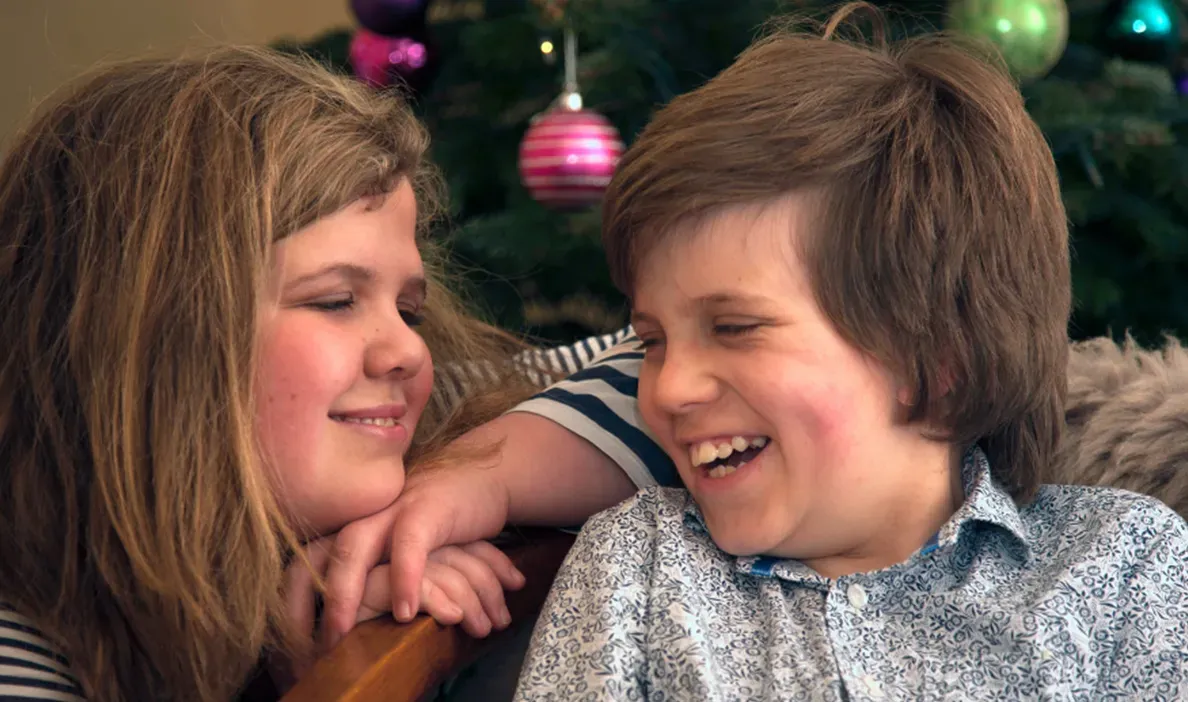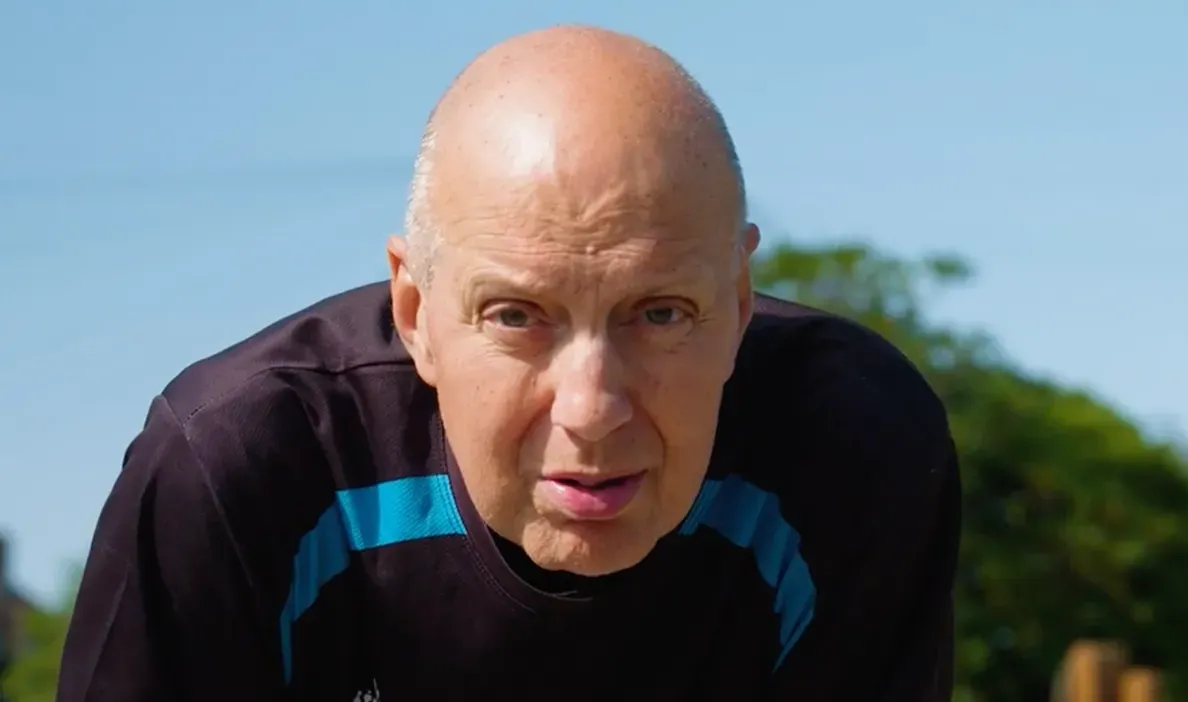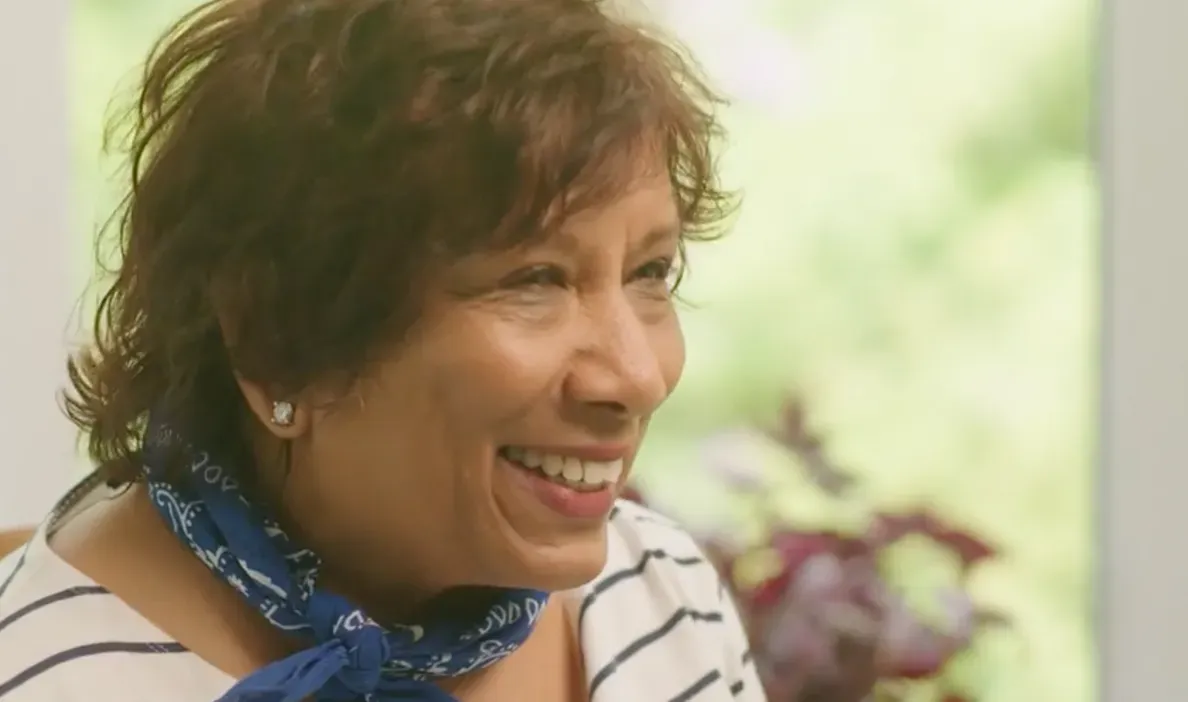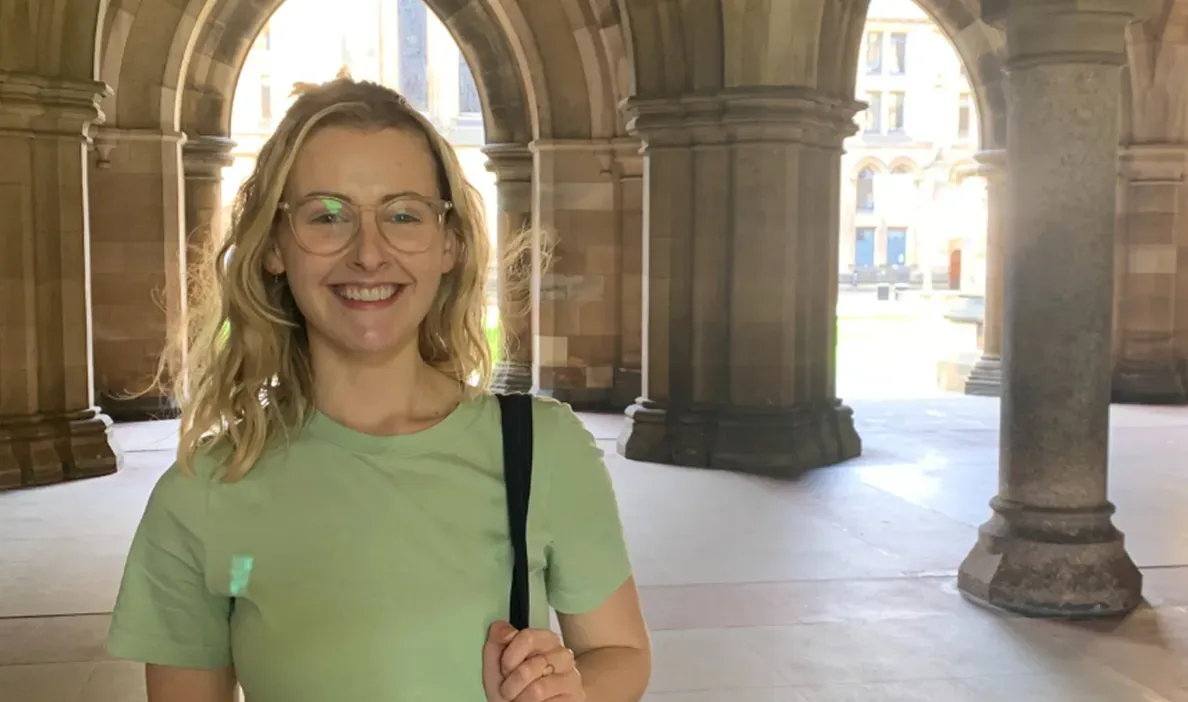Richard is the dad of Rebecca, who sadly passed away aged 18, after living with cancer for 18 months. Richard’s son Robbie, who was diagnosed with cancer when he was 6 years old, has just had his 23rd birthday. This is Richard’s story.
"Our experience with cancer began with an eye test."
When my son Robbie was 6 years old, we took him for an eye test. The optometrist spotted something at the back of his eye, and he was referred to hospital.
Shortly after, he was diagnosed with a slow-growing brain tumour called an optic nerve glioma. This was the beginning of our experience with cancer.
Robbie went through chemotherapy for 18 months. It surprises you how resilient children can be. He bounced back quickly and went to school like any other child.
We took him for regular scans and when he was ten years old the doctors picked up another tumour in his brain, a pilocytic astrocytoma – shaped like a croissant. It was potentially life-threatening and he would need surgery.
Everything changed after Robbie’s operation. The surgery left him completely blind. His speech and mobility were impaired, and he was paralysed on one side of his body.
Cancer has been tough for Robbie – now 23 and living in supported accommodation, he’s been in and out of hospital practically his whole life.
By the time our daughter was diagnosed, we were no strangers to cancer wards in children’s hospitals.
"We know our children best, and we could tell that something wasn’t right."
Robbie’s sister Rebecca was always healthy and well. She was ambitious and she loved sports – at 17 she was training for a marathon.
During her training, she started to feel pain in her foot. Initially we assumed it was a sports injury, so we took her to the doctors to get it checked out, but the pain wasn’t going away.
Like we know our own bodies best, we know our children best too, and we could tell that something just wasn’t right, so we kept going back to try and find out what was causing her pain.
One day, we were sat in A&E and Robbie’s oncologist happened to walk past us. He arranged for Rebecca to have a scan, which uncovered a tumour on her pelvis that had been pressing on her nerves and causing her pain.
The tumour was too close to her spinal cord to operate and after not responding to chemotherapy or radiotherapy, Rebecca passed away aged 18.
"Don’t be afraid to ask for help."
People say how do you cope? And you say, well what else am I going to do?
When you’re in the middle of it, coping with extreme things becomes your normal, and you don’t think of yourself as out of the ordinary.
It’s only when you take a step back, that you realise what you’ve been going through is not normal at all.
Thinking back, I used my work to avoid grief. I threw myself into work, even coming back to the office the day I found out that Rebecca had cancer.
At one stage, I worked for two years without taking a day off. Shortly after I eventually stopped working, I was rushed into hospital where they told me I was close to death as my pancreas had stopped working. I think the mental stresses of my children’s cancer and my avoidance of grief had finally caught up with me.
It feels horrible talking about this alongside cancer, but money, time and stress are also unavoidable aspects of the disease. I never wanted to ask family and friends for help, as they were dealing with our children’s cancer in their own ways too.
Even though I didn’t follow my own advice, I would urge anyone going through the same experience to not be afraid to ask for help.
"I will continue to advocate for a future where people living with cancer can shape their own care."
Men suffer from grief in the same way as women, but for some reason can be overlooked. I am the only male in many of the support groups I attend.
Are men just expected to get on with it? Maybe in the same way we are expected not to cry, to have broad shoulders and to support others?
It has taken many years for me to understand myself and my art is part of that.
When Robbie got sick, I started a part-time degree in photography which I’m still working on now. It has always been an interest of mine, and it helps me to process my feelings.
I work on projects around grief, loss, and memory, creating art-based photography using my children’s medical scans to explore how we deal with death and how we remember people.
Through my art, I’ve connected with others working in similar fields who have also lost family members.
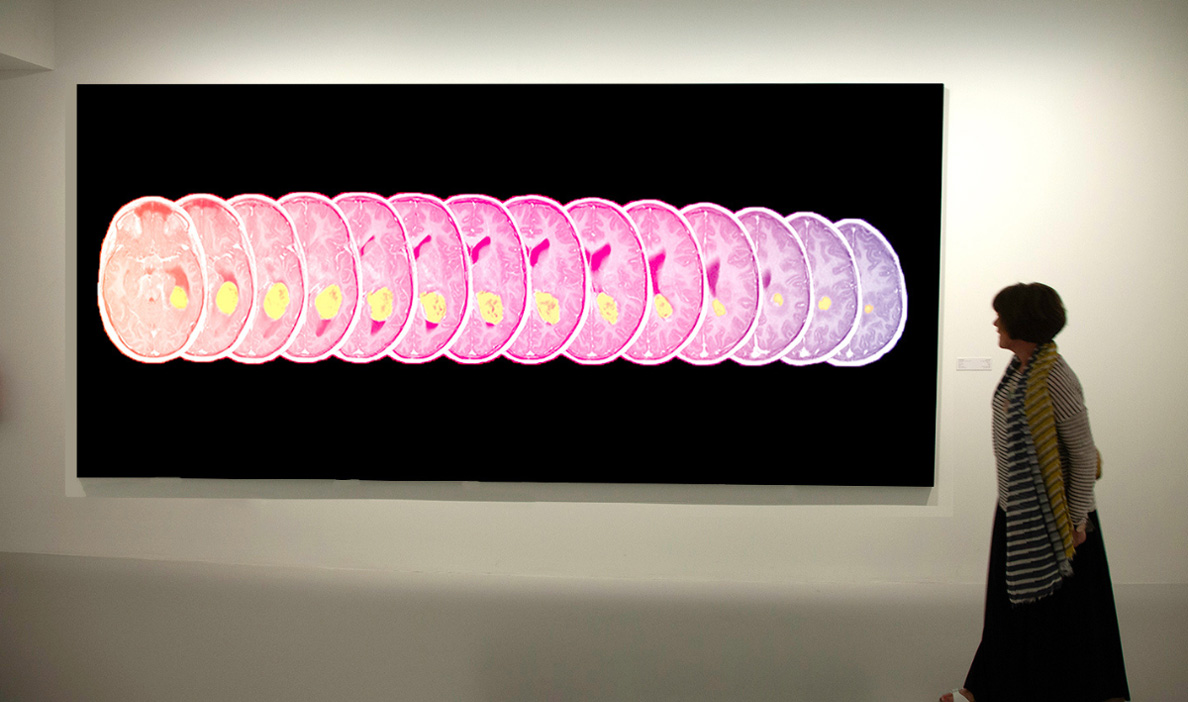
I have come to realise that, for me, grief isn’t something we ever get over. There is no cure. Nor should there be. Loss and suffering are part of our lives.
A lovely quote on grief related to childhood cancer was published in one of the support groups I am a member of, which you might find helpful if you are going through a similar situation: ‘The Stone’, by Jessica Watson.
Organisations which helped Robbie & Rebecca:

